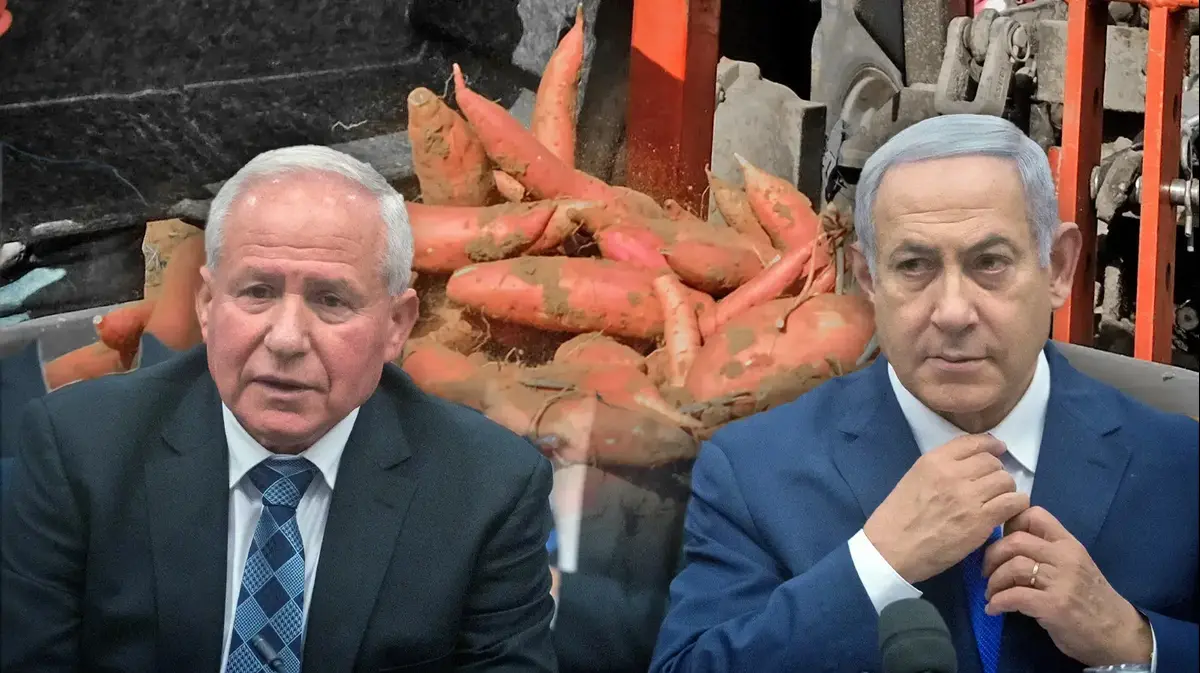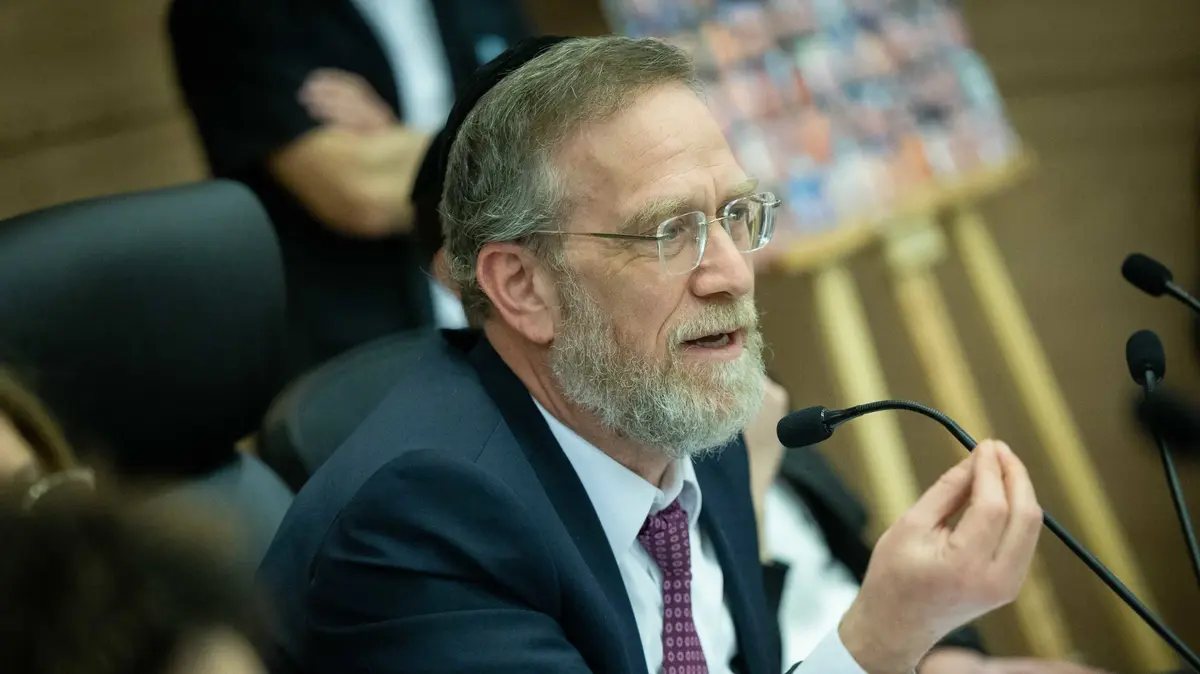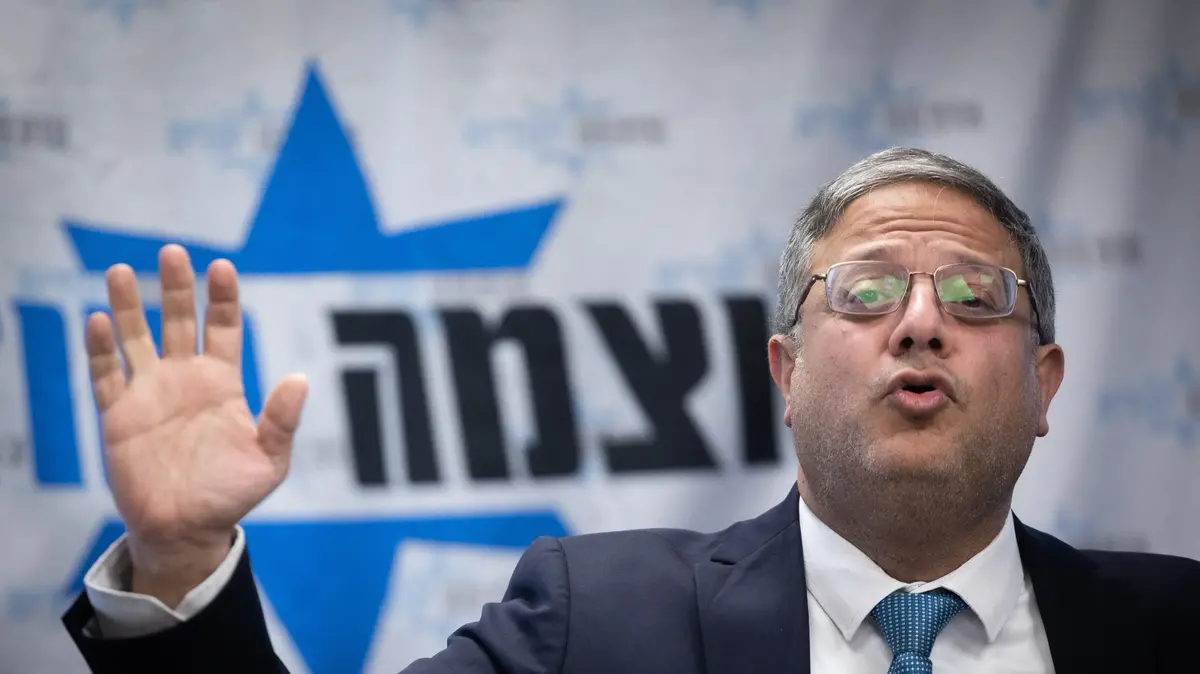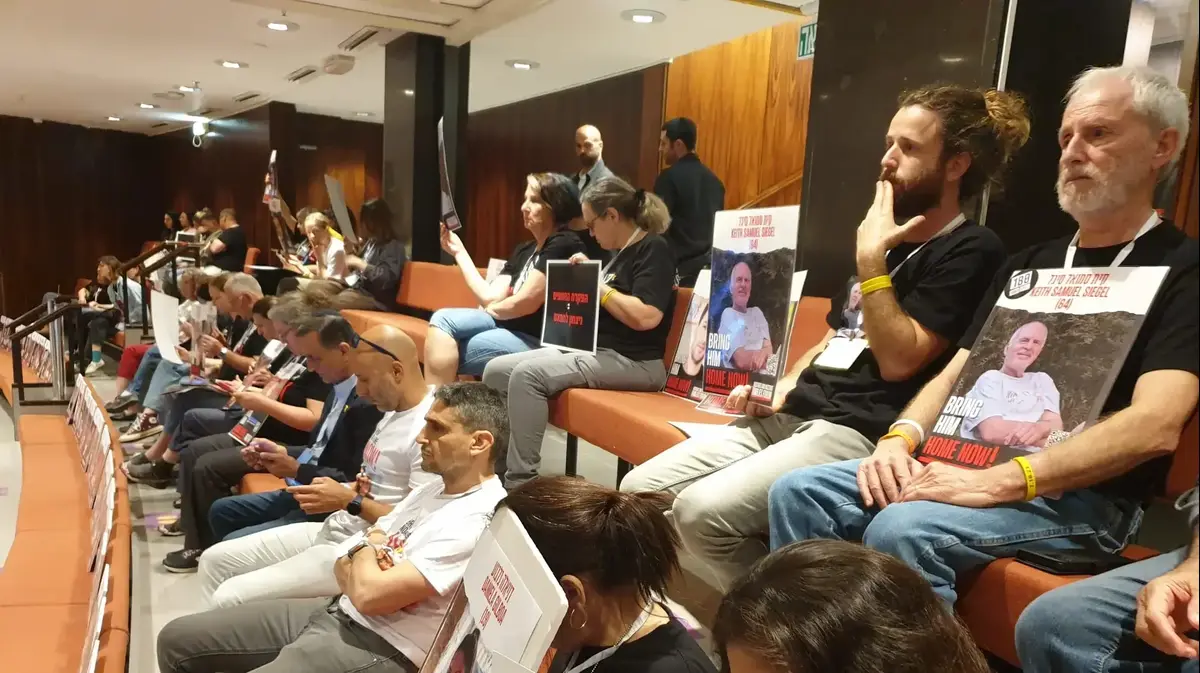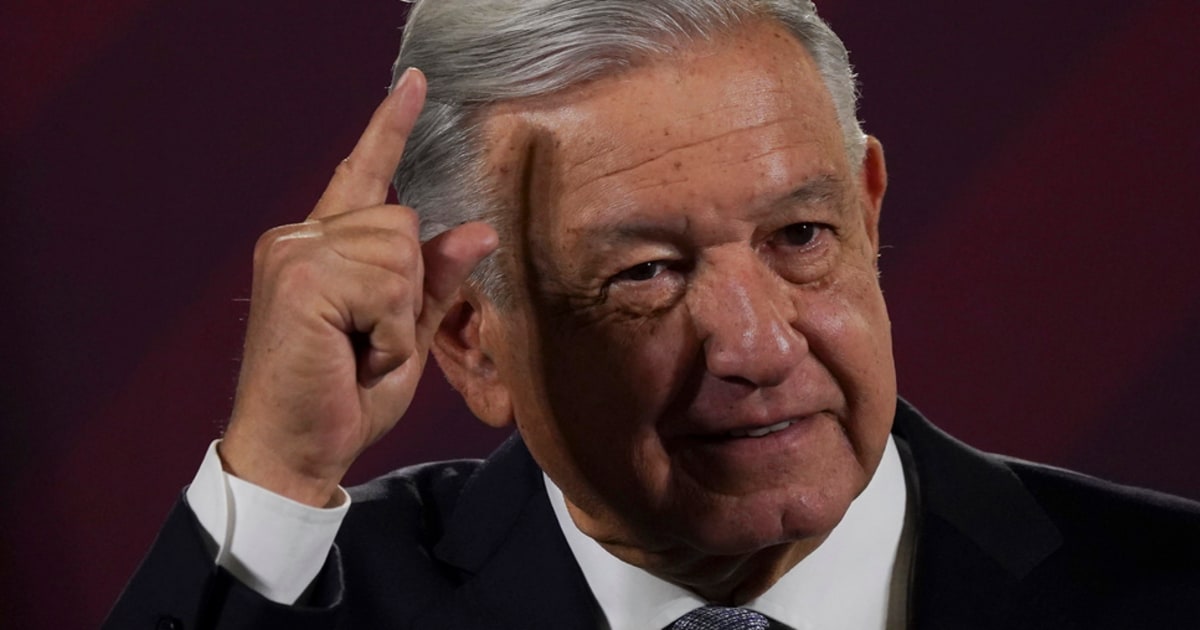Meeting of the coalition monitoring commission in July 2020 in Congress.DANI GAGO/PODEMOS (Europa Press)
The disagreement in the Defense budget has led to the sixth meeting, whose date is about to close, of the Permanent Commission for Monitoring the Coalition Agreement between PSOE and United We Can, the body in charge of ensuring compliance with the government pact reached between the two parties after the general elections of November 2019. Although the spokeswoman for the Executive, Isabel Rodríguez, insisted on Tuesday that the meetings of this group fall within "normality", in two and a half years of legislature only five have been convened times.
The protocol establishes that the commission will be made up of two representatives from the Presidency of the Government, two from the First Vice Presidency and another two from the Second Vice Presidency.
They must be joined by a representative of the Secretary of State for communication, a "representative of the communication area" of the second vice-presidency and a representative of both parliamentary groups (PSOE and United We Can).
This is what was discussed, in chronological order, in those five meetings of the commission held so far:
February 20, 2020.
The group met for the first time to formally establish the monitoring body, although the meeting had been preceded by differences in immigration policy: friction over the deportations to Mauritania and by the UP's rejection of the position of Interior after the ruling of the European Court of Human Rights on hot returns.
In addition, those days the first clashes occurred on account of the sexual freedom law promoted by Irene Montero's Ministry of Equality.
One of the points of that law involved touching the Penal Code and overlapped with the comprehensive reform project of the Penal Code that Pedro Sánchez commissioned the then Minister of Justice, Juan Carlos Campo.
March 6, 2020.
Shortly before the state of alarm was decreed due to the pandemic and when the Government was barely two months old, Pedro Sánchez called the second meeting between the two parties.
A day earlier, La Moncloa had issued a statement in which it indicated that Health (in the hands of the PSOE) and not Work (United We Can) was the authorized voice to give instructions on the coronavirus, after a controversial guide published by the latter ministry.
In addition, United We Can request a commission of investigation in Congress on "the alleged corrupt activities" of King Juan Carlos.
The formations agreed to greater coordination and avoid leaks.
July 16, 2020.
With the easing of restrictions due to the pandemic, PSOE and UP held their third meeting.
They defined the meeting as a work meeting, framed within normality and without much controversy.
January 27, 2021.
“You cannot be the opposition and the Government”, members of the PSOE reproached United We Can at the fourth meeting of the commission.
In the last half year, tensions had occurred in the Government.
The meeting was at the request of the Socialists, who defended not bringing internal discrepancies to public debate.
The UP ministers replied that the PSOE functioned as if it had an absolute majority.
The group then led by Pablo Iglesias criticized that, instead of negotiating, the Minister of Inclusion and Social Security, José Luis Escrivá, had sent a proposal to reform pensions that included increasing the calculation period from 25 to 35 years.
October 25, 2021.
The meeting took place at the request of the UP and was made public a few days before with a message on social networks from the general secretary of Podemos, Ione Belarra, after speaking with Yolanda Díaz.
The reason was what the head of Labor considered an "interference" by the first vice president, Nadia Calviño, in the negotiations of the labor reform.
The agreement, which was closed two days later, happened because Podemos accepted that Calviño be represented by someone she trusted in the final negotiation of the reform with unions and employers.
50% off
Exclusive content for subscribers
read without limits
subscribe
I'm already a subscriber



